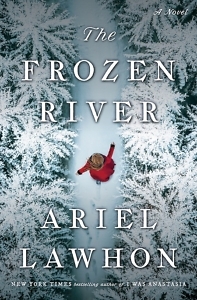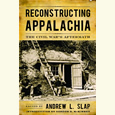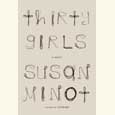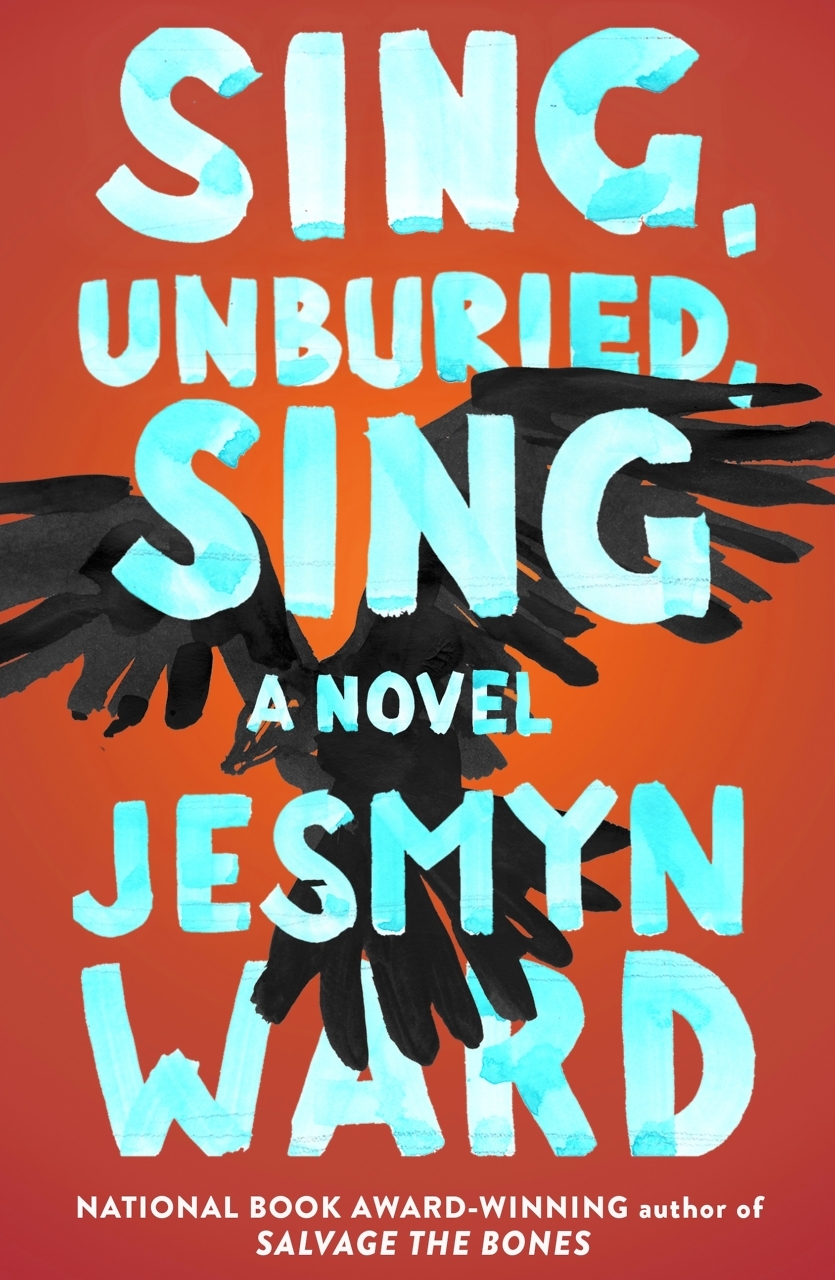The Mark Left Behind
Ariel Lawhon’s The Frozen River enters the mind of a remarkable 18th-century woman
It’s the winter of 1790, and Rebecca Foster is testifying before the Massachusetts Court of Common Pleas. Refusing to spare her gossip-seeking neighbors the gruesome details, Rebecca recounts the experience of having been raped by two prominent men in the community. One of these men, Joseph North, is a local judge. The other man is now dead; some believe he was murdered.

After Rebecca gives her testimony, the presiding judge asks if she reported the assault. Rebecca answers, “Who could I tell? Judge North is the one who would hear my complaint.” In this moment, Ariel Lawhon’s latest novel, The Frozen River, lays bare the troubling paradox belying America’s justice system: Those with the power to write and enforce the law are so often those who need its protection the least, leaving those on the outside with few tools to advocate for themselves.
But The Frozen River is a story that champions the outsider, and one of its outsiders is Martha Ballard, the local midwife and Rebecca’s only real ally.
Though integral to her community, Martha is widely disliked because of her demeanor. However, unlike most women at that time, Martha can act as an expert witness in court due to her vocation. Thus, she takes it upon herself to fight for Rebecca. Still, like her peers, Martha cannot testify without her husband present — a rule that seems increasingly absurd the more readers witness Martha’s brilliance and courage — and Judge North is determined to keep Martha’s husband from making it to Rebecca’s trial.
Martha Ballard is the narrator, heart, and backbone of The Frozen River, as well as a fascinating historical figure. As Lawhon reveals in the book’s afterword, Martha not only delivered over 1,000 babies and boasted a zero percent maternal mortality rate, but she was the great-aunt of Clara Barton, founder of the Red Cross, and the great-great grandmother of Mary Hobart, a trailblazing physician who fought for the inclusion of women in the Massachusetts Medical Society.
The Frozen River, however, does not depict Martha’s legacy. Instead, it gives us a window into the rich inner world Lawhon imagines Martha cultivated. While there are many gaps in our knowledge of Martha Ballard, Lawhon fills them in with a mixture of creativity and research. Thus, her rendition remains, in Lawhon’s words, “plausible.”
 Martha’s narration provides detailed insight into what it was like to be a woman in the late 18th century, showing both how much has changed and how little. She speaks to universal themes such as the experience of watching your children age and the intensity of first love, humanizing a generation that feels so distant. Yet her nuanced internal monologue also serves as a time capsule. She describes her husband teaching her to read after they marry, analyzes the impact of the French and Indian War, paints a vibrant picture of her town and its many families and characters, and observes with wariness the gradual transition from traditional midwifery to contemporary obstetrics.
Martha’s narration provides detailed insight into what it was like to be a woman in the late 18th century, showing both how much has changed and how little. She speaks to universal themes such as the experience of watching your children age and the intensity of first love, humanizing a generation that feels so distant. Yet her nuanced internal monologue also serves as a time capsule. She describes her husband teaching her to read after they marry, analyzes the impact of the French and Indian War, paints a vibrant picture of her town and its many families and characters, and observes with wariness the gradual transition from traditional midwifery to contemporary obstetrics.
Martha also provides frequent scathing, pithy critiques of her era’s patriarchal norms, many of which seem as though they could have been pulled from an op-ed written today. She quips, for example, “I will never understand why men think that women work so hard to destroy them. In my experience it is usually the opposite.”
The cornerstone of Martha’s story is her diary: a real-life historical artifact. Each chapter of The Frozen River ends with an entry drawn (and edited for clarity) from Martha’s daybook. This structure not only imbues the novel with a satisfying rhythm, but is a testament to the vitality of literacy. Martha writes:
I cannot say why it is so important that I make this daily record. Perhaps because I have been doing so for years on end? Or maybe — if I’m being honest — it is because these markings of ink and paper will one day be the only proof that I have existed in the world. That I lived and breathed. That I loved a man and the many children he gave me. It is not that I want to be remembered, per se. I have done nothing remarkable. Not by the standards of history, at least. But I am here. And these words are the mark I will leave behind.
If Martha had not been taught to read and write, we may never have known of her life, her love, her existence. Now, readers are fortunate to have Lawhon’s markings of ink and paper. Simultaneously a mystery, a manifesto, and a memoir, The Frozen River resurrects both Martha’s story and the stories of those she fought for.

Bianca Sass, a Nashville native, is a writer, director, and scholar whose work probes the intersection of the personal and the political. She’s a recent graduate of Amherst College, where she majored in English and law, jurisprudence, and social thought, as well as wrote and directed many theatrical productions. In 2023, Bianca workshopped her new play, Babydoll, at the Looby Theater in Nashville. She’s currently a teaching assistant at the Mary Lyon Upper School in Boston.


